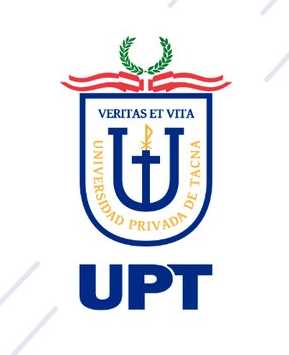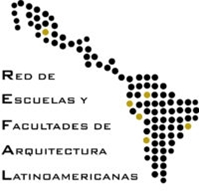Religious spatiality and capitalism in the heritage of the seminary of San Antonio Abad of Cusco
DOI:
https://doi.org/10.47796/ra.2023i24.850Keywords:
Seminar, Sacred space, Neoliberalism, Concession, Cusco, PeruAbstract
The present work investigates the influence of capitalism on the religious spatiality of the sacred, manifested in the Seminary of San Antonio Abad in Cusco-Peru. Through a qualitative study with the historiographic method of socio-spatial discourse, the changes in spatial production from the sacred to the profane are analyzed. The results show that the Seminary produced a place of religious spatiality in the viceregal period in strict relation to the sacred and the academic-pedagogical, but it suffered transformations as a result of the interrelation of religious and capitalist practices. It concludes by mentioning that the emergence of a new discourse in Catholic doctrine regarding capitalism (liberal and neoliberal) allowed a relationship of religious and private capital through the concession mechanism in the right to use land. In this way, neoliberal entrepreneurialism generated new infrastructure for activities in the hotel industry, but with Cusco's built heritage. This produced, in the urban imagination, the resignification of a place of worship service into a place of tourist service as a hotel.
Downloads
Downloads
Published
How to Cite
Issue
Section
License
Copyright (c) 2023 Víctor Manuel Salas Velásquez

This work is licensed under a Creative Commons Attribution 4.0 International License.









